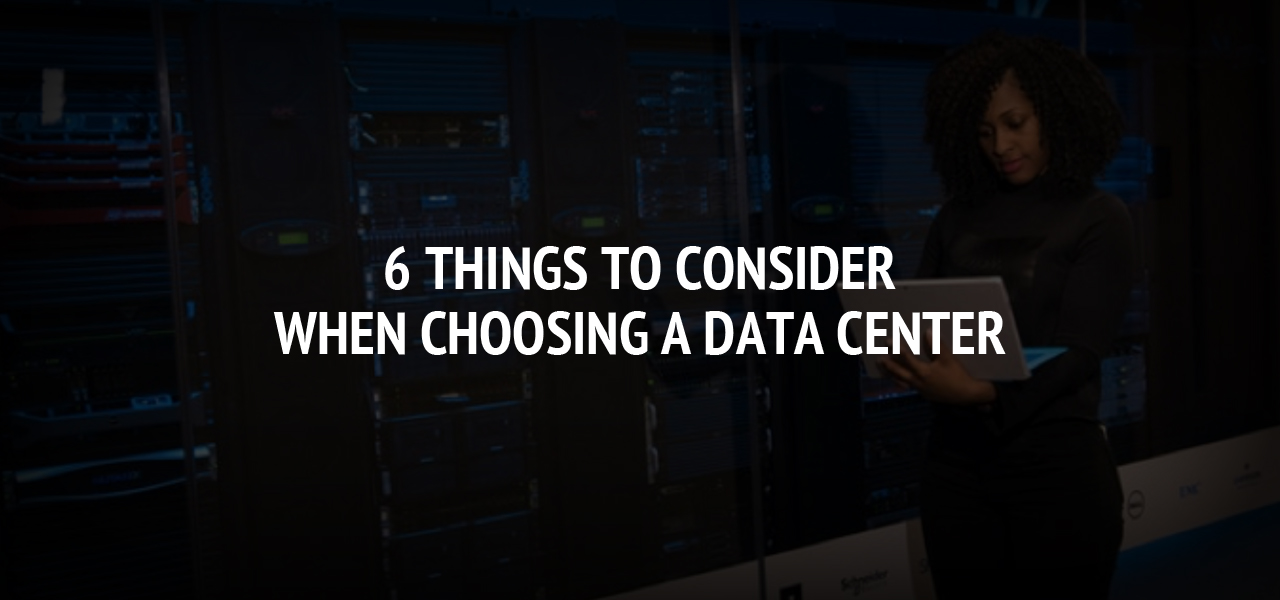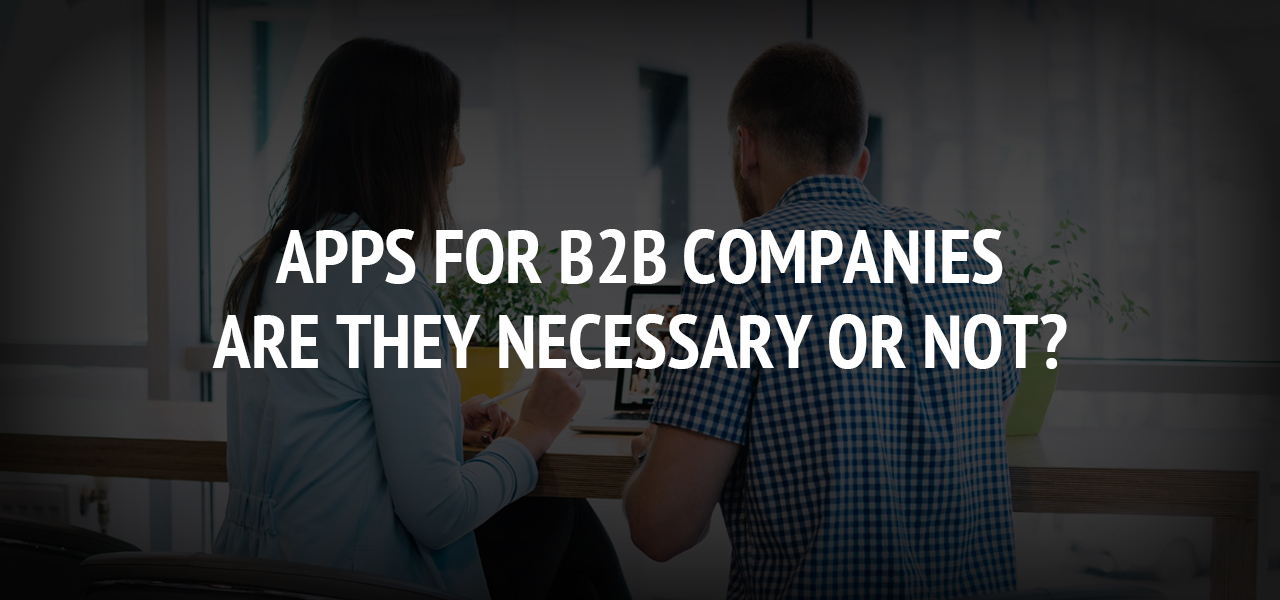6 Things to Consider When Choosing a Data Center

Every business or institution with an online presence needs to store data of some kind. The more data you have, the larger, more secure storage space you need, and most businesses quickly grow out of the space available to the average consumer.
There are four classification tiers for data centers, ranging from the simplest to the most complex. Even data centers of the same classification will differ in security, speed, and reliability.
If you aren't sure what your business will need, consider the tips below.
A picture of a woman standing in front of a data center.
1. Higher Tiers Are Better
Most data centers are rated from Tier 1 to 4. The more critical your data, the higher tier you should choose.
Tier 4 data centers are the most reliable, least prone to problems, and usually, come with an additional level of support.
Data centers are ranked on several standards, though not every data center opts to be certified. Keep in mind that it's always better to avoid data centers without high rankings.
For an example of a Tier 4 data center, check out https://www.is-t.net/managed-it-services-houston-tx/colo-data-center.
2. Find a Convenient Location
As a general rule, don't keep your data stored halfway across the world. Distance reduces network speeds, potentially costing your company productivity, and it's more expensive for IT staff to travel a long way to diagnose and fix problems.
However, if your company is based in an area with extreme weather, natural disasters, or other concerns, finding a data center in a safer, nearby region may be the best option.
3. Don't Skimp on Security
Data is valuable, and data centers are subjected to cyber-attacks daily. Physical security is sometimes overlooked when it comes to the Internet, but attacks are more successful if the attacker can find a point to infiltrate from the inside.
Ensure that the data center you choose offers strong security, both digital and physical. A breach in security with any meaningful data leak can cost a company millions and is very difficult to correct.
4. Is The Service Scalable?
Don't fall into the trap of choosing the cheapest option right off the bat. It may seem like the right choice now, but will the data center offer you the security and storage capacity you need? What happens when your business grows?
If the data center runs out of space or does not allow you to expand, your progress can be stalled or reversed. Moving to a new data center can be difficult, expensive, and time-consuming. It's best to find the most flexible option from the start.
5. Choose Reliability
Outages happen all the time, but too much downtime can kill a business fast. Reliability is crucial so that your data is protected as much as possible.
Be sure that the data center you pick has a plan in the event of emergencies, at least one backup power source, and a building that is well-equipped to handle extreme weather.
6. Consider Their Reputation
The reputation of a data center can tell you a lot about how reliable and secure it will be, as well as whether it'll be a good fit for your company. Find online testimonials, contact current or previous clients about their experiences, and vet the data center's promotional material carefully.
Be wary of data centers with few previous clients or overwhelmingly negative reviews. You can save yourself a lot of trouble by not repeating the mistakes of others.
The Takeaway
Finding a data center is an important choice that can't be taken lightly for any business. The wrong decision can cause permanent harm, so do plenty of research based on the needs of your business - and don't forget these six tips!
If you choose a highly rated data center with ultimate storage capacity and strong security measures in place from the start, we guarantee you'll be better off in the long run.
About The Author
Related Blog
View All-
Islamify Your iPhone: 5 Islamic Apps You Need Right Now
Whether it’s finding accurate prayer timings, Qibla directions, Reading and Listening to the Holy Quran, or Dhikr and Duas – there is an application for it all! The mobile application industry is a million-dollar industry that Muslims all around the ...
-
Apps for B2B Companies: Are They Necessary or Not?
In today’s digital-first business environment, mobile applications are a central part of the consumer experience. But when it comes to business-to-business (B2B) companies, the question remains: are apps truly necessary for success, or can these organizations ...







